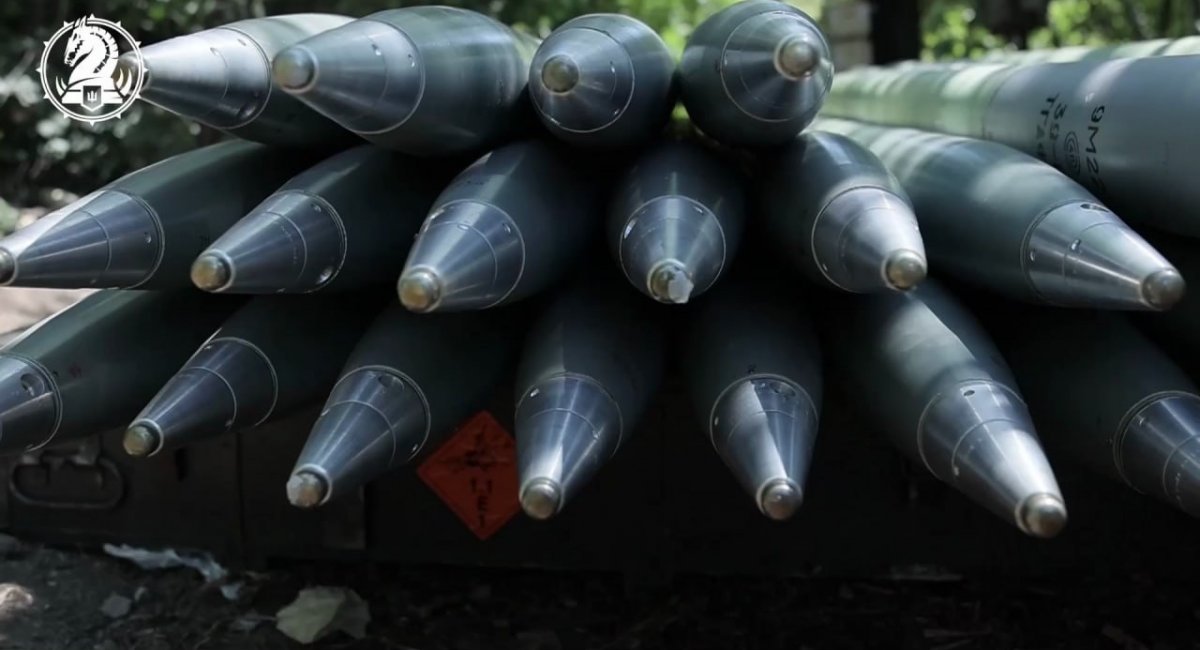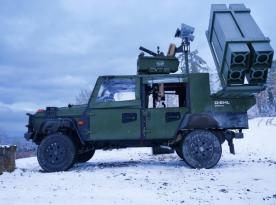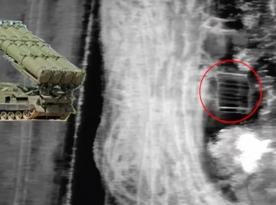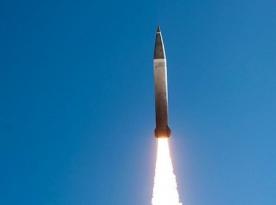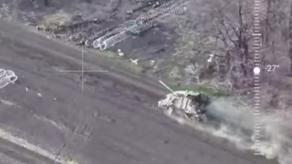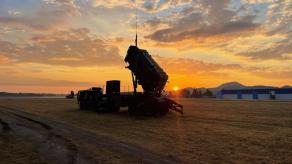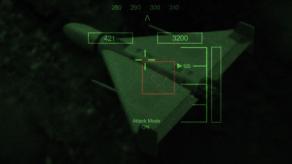Rheinmetall, in partnership with the Bulgarian government, plans to establish the largest gunpowder production facility in Europe. Alongside this, Bulgaria will also host a new 155 mm artillery shell factory and a drone development enterprise, signaling a major boost in European defense manufacturing capacity. The announcement was made by Boyko Borisov, leader of Bulgaria's GERB party, during a live broadcast, with formal agreements expected within the next three weeks.
The new gunpowder facility is set to replicate Rheinmetall's two existing plants in Germany, but on a larger scale, making it the most significant producer of propellants in Europe. This expansion comes at a critical time, as European stockpiles of explosives and propellant charges have been under severe strain due to the ongoing war in Ukraine and growing defense commitments across NATO.
Read more: NATO-Certified FC.K Jammers From Ukrainian First Contact and German GSMK Reach the Front
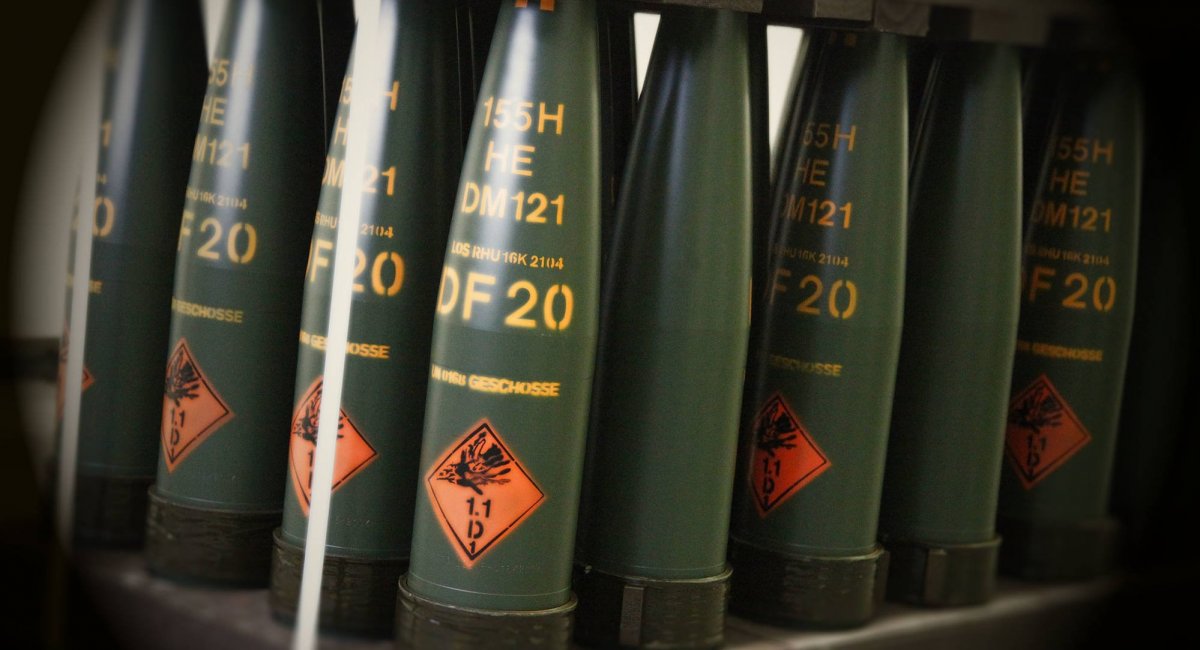
A key part of the project is the establishment of a new factory for 155 mm NATO-standard artillery shells, located at Vazovski Mashinostroitelni Zavodi (VMZ), Bulgaria's leading ammunition producer. VMZ already manufactures a wide range of munitions, from еру RPG-7 grenades to Grad 122 mm rockets, and the addition of 155 mm shell production will further diversify its portfolio. The facility is expected to produce 100,000 shells annually. While this figure may seem modest, it will significantly contribute to NATO's overall artillery supply when combined with similar projects across Europe.
The total investment into Bulgaria's new defense industry ventures is expected to exceed €1 billion, funded jointly by Rheinmetall, the Bulgarian government, and the EU's SAFE program, which supports defense production and resilience. The initiative highlights Europe's efforts to close the critical gaps in ammunition and explosives production, which have been exposed during russia's full-scale war against Ukraine.
Another notable component of the agreement involves the creation of a drone research and manufacturing center. Although details remain limited, officials confirmed that unmanned systems development will be part of the package, given their growing role in modern warfare. It remains unclear whether this will involve constructing an entirely new plant or expanding existing facilities.
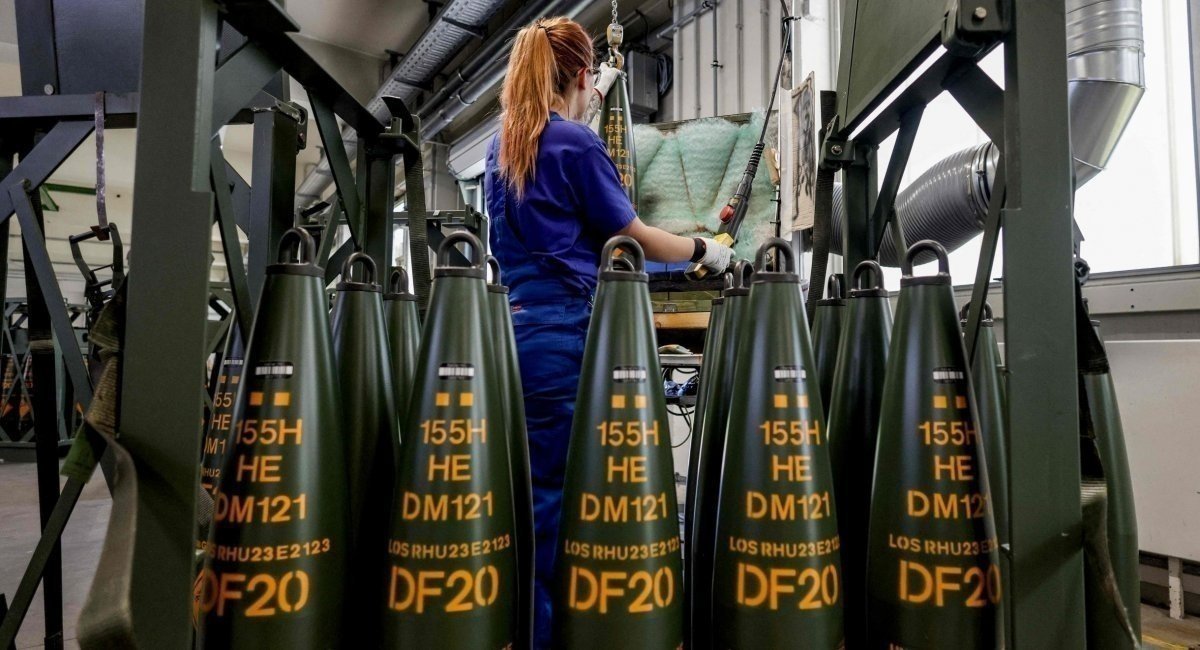
The projects still require parliamentary approval in Bulgaria, but if ratified, they will significantly strengthen the country's defense sector and reinforce Rheinmetall's presence in Eastern Europe. Beyond boosting Bulgaria's economy, the initiative underscores a broader shift in NATO's defense posture, moving from reliance on limited suppliers to a distributed network of production hubs across member states.
For Ukraine, which has relied heavily on Bulgarian-made weapons and ammunition throughout the war, the new facilities could provide a more secure and steady flow of critical munitions. With artillery shells and explosives in constant demand on the battlefield, such projects are directly tied to sustaining Ukraine's defense against russian aggression.
Nevertheless, construction and operational ramp-up will take time, and political or bureaucratic obstacles could slow progress. Still, the urgency of Europe's ammunition shortage ensures that such investments are not just timely but essential. By positioning itself as a major defense production hub, Bulgaria is set to play a pivotal role in Europe's long-term security architecture.
Read more: Belgium to Deliver the F-16 Fighters to Ukraine as Early as Next Month




